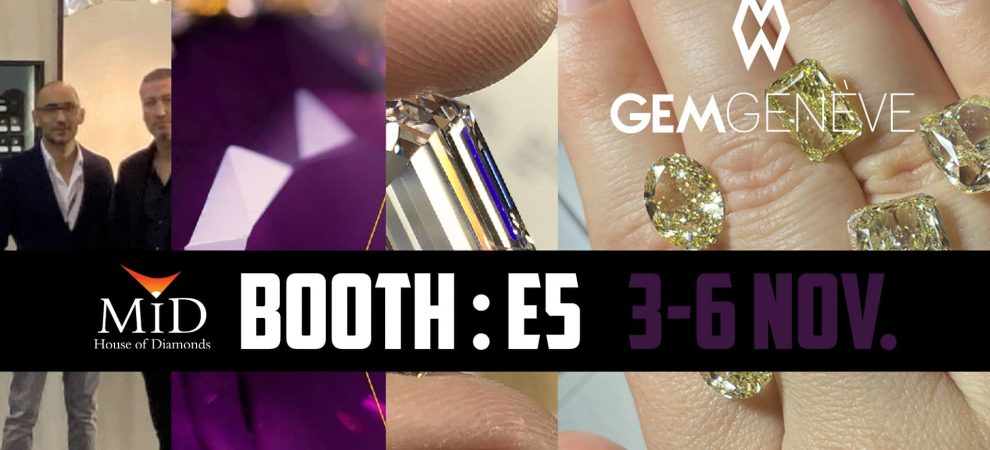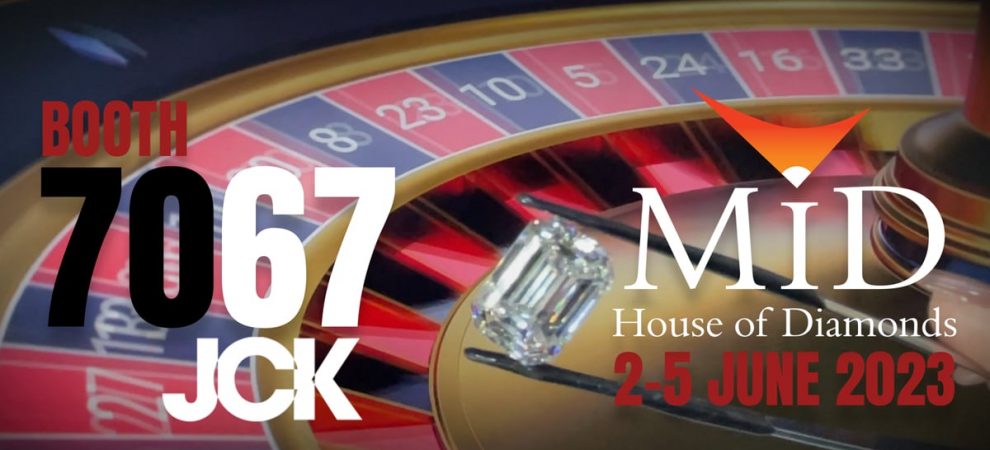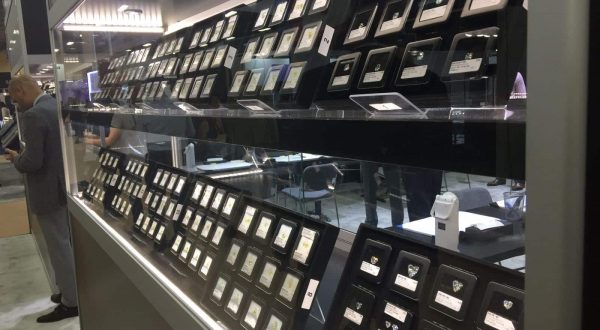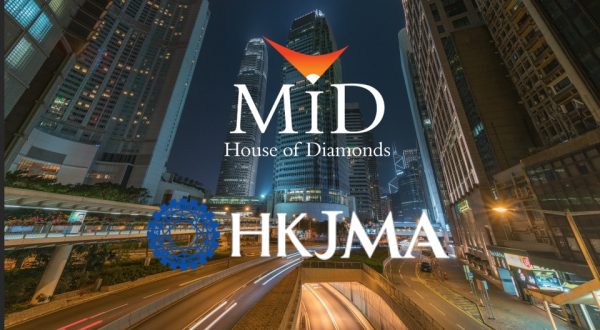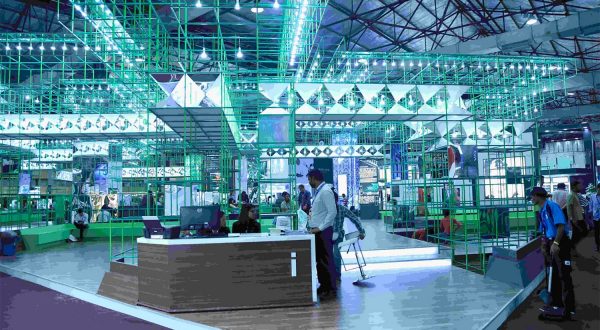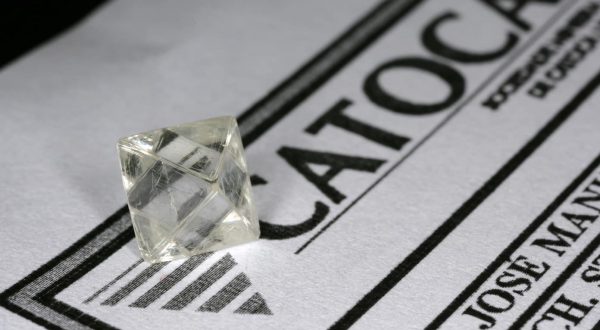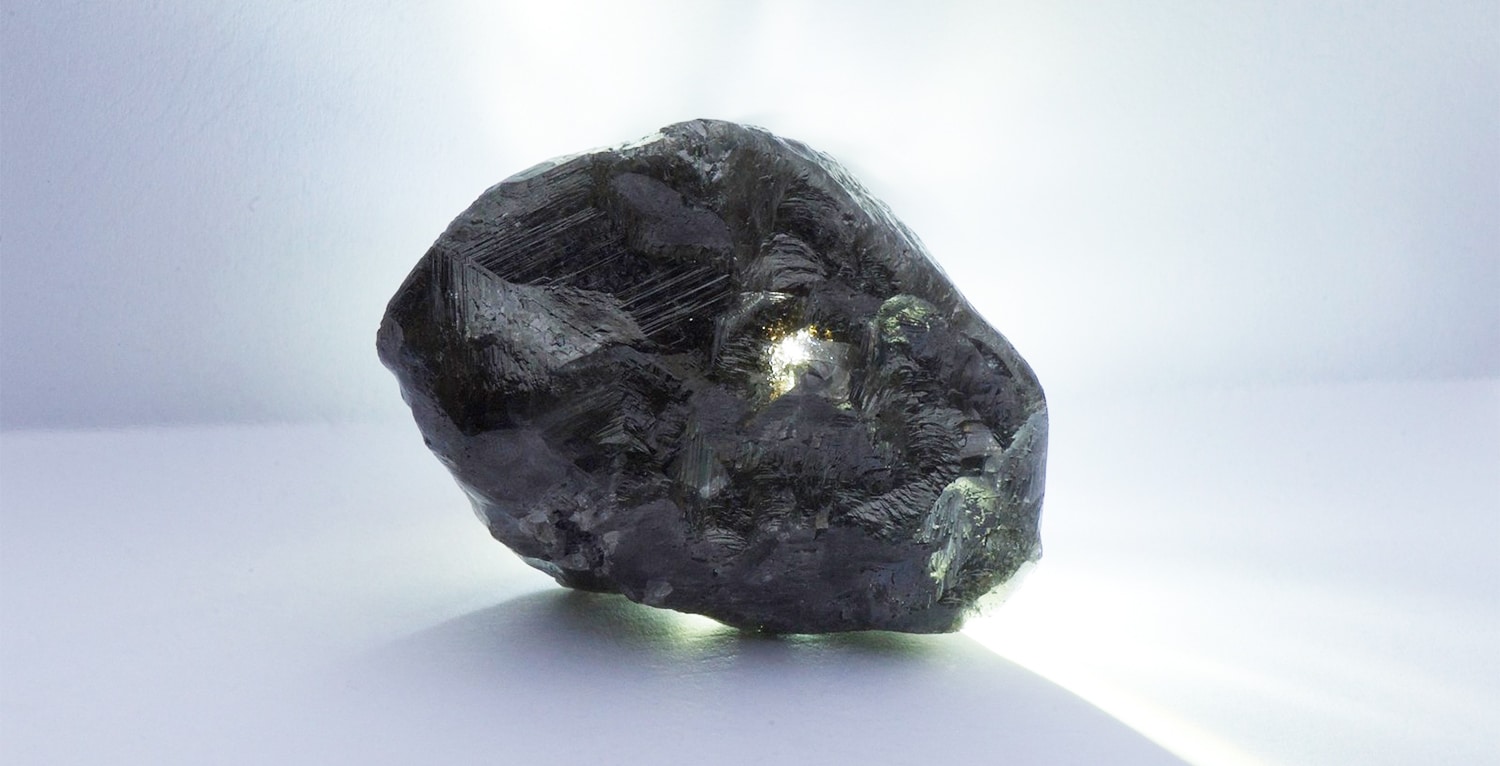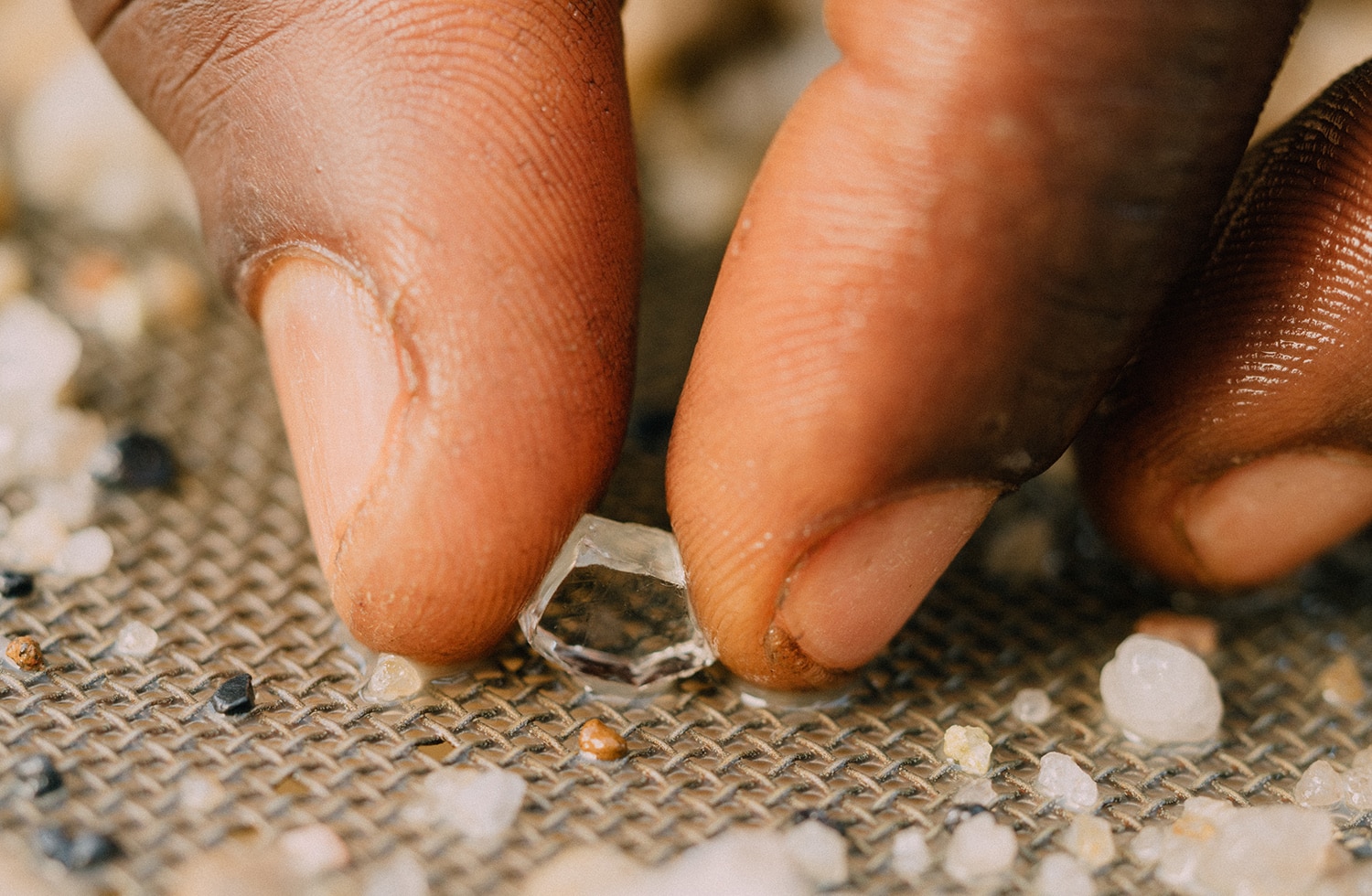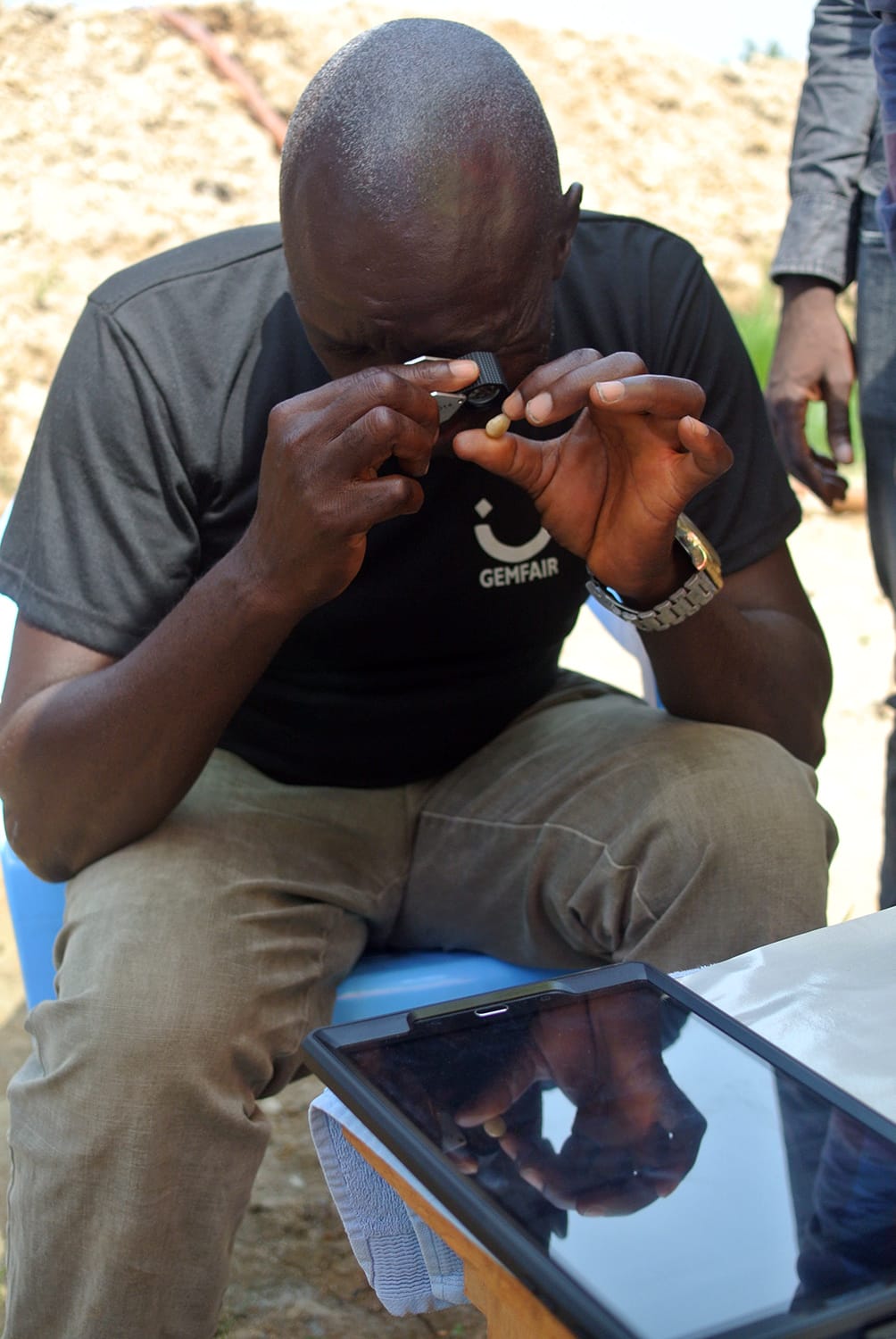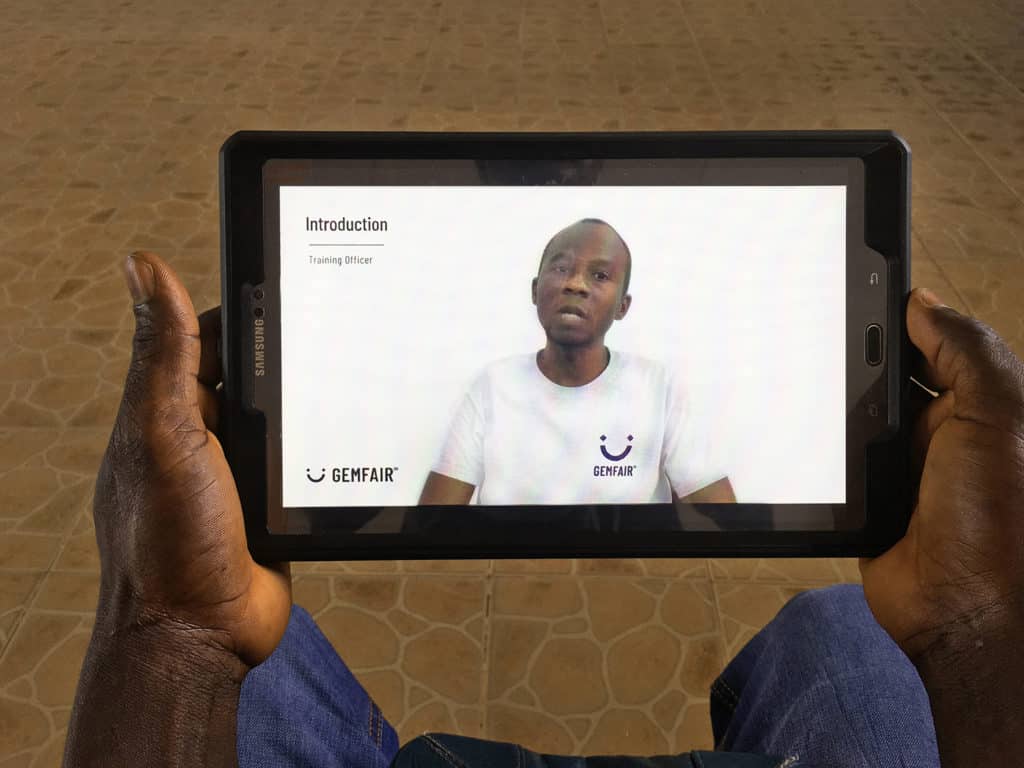- About MID
- Search Diamonds
- White Diamonds
- Fancy Colored Diamonds
- Loose Diamonds
- shows
Join MID House of Diamonds at the HKTDC Hong Kong International Diamond, Gem & Pearl Show 2025 and enjoy exposure to the global jewelry industry, with its continuing high demand for white and fancy color diamonds, pearls and high-end diamond jewelry.
The fair is growing in proportion to demand and its effectiveness is heightened by its conjunction with the HKTDC Hong Kong International Jewelry Show. The two fairs attracted over 80,000 buyers from 147 countries and regions, a record-breaking total, enhancing the fairs’ reputation as the premier marketplace for the industry.Please call +852-2-545-7118 or send us an email at [email protected] to schedule an appointment or to request a copy of our latest custom design catalog.
more trade shows
Play Video about JOIN US AT THE DIAMOND SHOW - HONG KONG 16-20 SEPTEMBER 2024Play Video about Gemgeneve2022- NOVEMBERPlay VideoGLIMPSE FROM our trade SHOWs…
Play VideoJCK 2019 LAS VEGAS SHOW
MID House of Diamonds will be among the exhibitors at the June 2020 JCK Vegas Show. Come say Hi!
Play VideoHK SEPTEMBER SHOW
Lorem ipsum dolor sit amet conse ctetur adipisicing elit.
Play VideoHK NOV SHOW
Ipsum dolor sit amet conse ctetur adipisicing elit, sed do eiusmod tempor incididunt.
Play VideoHK MARCH SHOW
Dolor sit amet conse ctetur adipisicing elit, sed do eiusmod tempor.
- BLOG
FROM OUR BLOG
INVITATION-ONLY CENTURION SHOW IN PHOENIX SET TO OPEN ARIZONA’S ANNUAL GEM SHOW FORTNIGHTAs it does it each year, through the end of January and the first two weeks of February the Arizona desert will attract gemstone and jewelry buyers from around the world. They are drawn into the western U.S. state not only by the generally sunny winter weather, but also by a series of trade shows, ranging from high-end events to displays literally arranged on the backs of trucks.RECENT
BOTSWANA TAKING STAKE IN ANTWERP DIAMOND COMPANY, COULD PROVIDE STRATEGIC ALTERNATIVE TO DE BEERS
The government of Botswana has announced its intention to take a 24 percent stake in a Belgian-headquartered diamond company, HB…FOCUS
AS BOTSWANA’S SALES AGREEMENT WITH DE BEERS SET TO EXPIRE, COUNTRY’S PRESIDENT SUGGESTS ALL OPTIONS ARE ON TABLE
Sometime during the coming few weeks or months, the government of Botswana and De Beers are expected to announce a…WORLD’S MOST VIVID PINK DIAMOND TO GO ON BLOCK, COULD BRING IN $35 MILLION OR MORE
Weighing 10.57 carats and called the Eternal Pink, the stone is estimated to be worth more than $35 million. It… - resources
- ContactAddress:
580 5th Ave #3003, New York, NY 10036
Phone:+1-212-391-1121
Free:+1-877-391-1121
E-mail:Coordinates of this location not found

